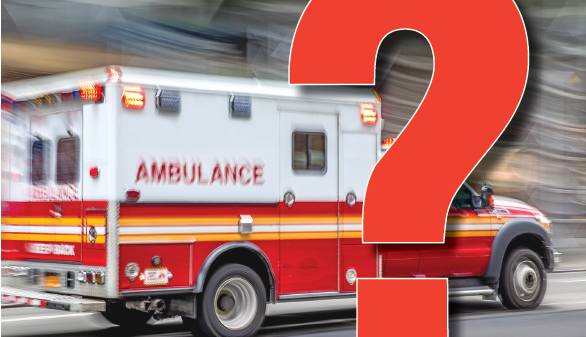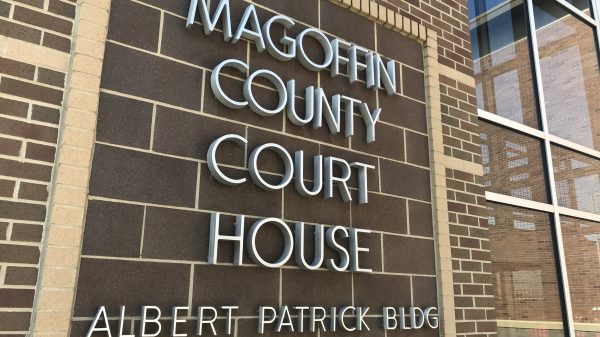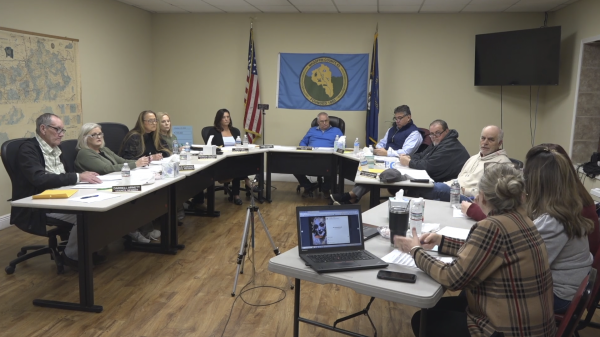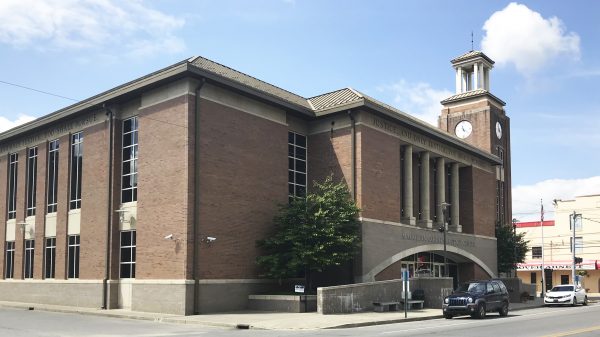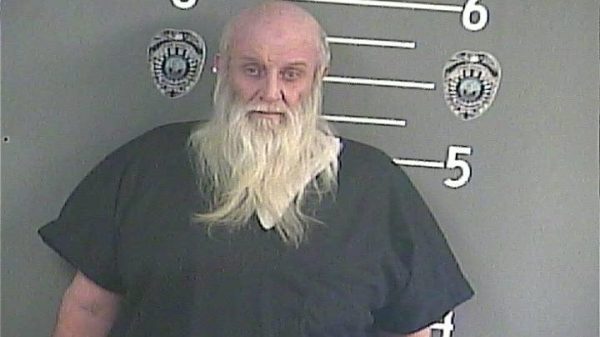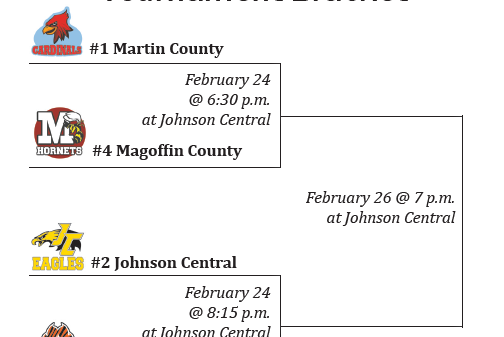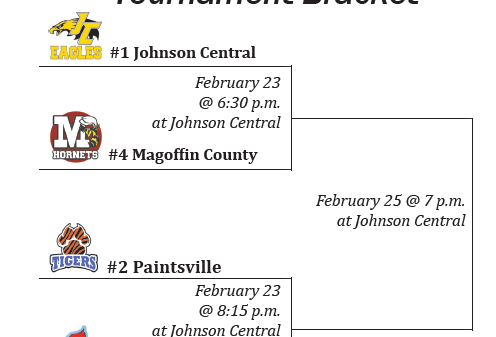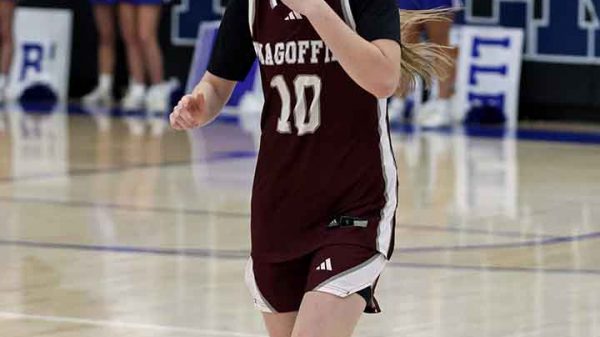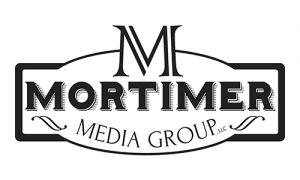MAGOFFIN COUNTY – With Election Day set for next Tuesday, November 5, Magoffin County Schools Superintendent Chris Meadows sat down with the Salyersville Independent to discuss Amendment 2, on the ballot statewide.
On Tuesday, Kentucky voters will be asked the following yes-or-no question:
To give parents choices in educational opportunities for their children, are you in favor of enabling the General Assembly to provide financial support for the education costs of students in kindergarten through 12th grade who are outside the system of common (public) schools by amending the Constitution of Kentucky as stated below?
IT IS PROPOSED THAT A NEW SECTION BE ADDED TO THE CONSTITUTION OF KENTUCKY TO READ AS FOLLOWS:
The General Assembly may provide financial support for the education of students outside the system of common schools. The General Assembly may exercise this authority by law, Sections 59, 60, 171, 183, 184, 186, and 189 of this Constitution notwithstanding.
“A lot of people have come to me confused about Amendment 2 and, as the leader of the school system, I feel the families and voters need to know the impact of this legislation and how it could affect our schools,” Superintendent Meadows explained.
Differences between Public & Private Schools
In order to explain the proposed legislation, which would change the state’s constitution, Meadows focused on the differences between public and private schools.
“Public schools are open to all students,” Meadows said. “We don’t turn anyone away, whether the student has special needs, a behavioral issue, or an attendance issue. We do what we can to educate every student.”
Comparatively, private schools can be selective in who they accept into their schools.
“Public schools are free,” Meadows said. “The average private school tuition runs between $7,000 and $8,000 per year per child. If money shifted to private schools, there’s still no guarantee it would cover all of those costs, either.”
Also, while private schools are not held to any state or federal accountability, public schools have required annual testing and reporting.
Public schools, especially here, tend to focus on career readiness for all students, looking for career pathways for all students, while private schools tend to focus on college readiness.
“Both are equally important and allowing us to focus on career readiness, we are able to be more inclusive to all students,” Meadows said.
Additionally, public schools focus on the family and youth service needs of the students.
“We have youth service centers in every school, which you won’t find in private school districts,” Meadows said. “We provide free breakfast and lunch to every student, regardless of income, and we provide [free] transportation. How do you expect a student to focus on the lesson when they’ve not eaten since the night before?”
Amendment 2 and What It Means
Basically, if passed, the amendment would change the Kentucky Constitution to allow tax dollars, originally appropriated for public schools, to also go to private schools, but the proposed legislation doesn’t specify how the tax dollars would be reallocated, how the changes would be implemented or any safeguards to ensure the funding is handled appropriately. Private schools would not have any other restrictions, such as submitting to state or federal-level testing and/or reporting, nor would they be required to open up their enrollment to all students.
“I’ve heard it described as taking the guardrails off the road,” Meadows said. “It’s like handing the legislators a blank check.”
While the verbiage of Amendment 2 is a bit vague, certain phrases need to be looked at further:
– The amendment asks if the voter is in favor of “enabling the General Assembly,” meaning giving lawmakers an unspecified authority they previously did not have.
– “Financial support” means public tax dollars originally allocated for public schools.
– “Outside the system of common (public) schools” can mean private schools, religious schools, home schools and other nonpublic education providers, none of which are subject to the same oversight, accountability, rules or transparency as public schools.
– The Amendment states the General Assembly may exercise authority by law, citing Sections 59, 60, 171, 183, 184, 186, and 189 of the Kentucky Constitution “notwithstanding,” meaning roughly in exception to, despite and/or regardless of what is already in the Constitution.
Potential Effects on Magoffin County Schools
Superintendent Meadows said similar legislation had been passed in other states and, according to research from similar districts in Florida where that was instituted, the Magoffin County School District’s budget could be reduced by as high as 20%.
“That would result in the loss of numerous jobs, increased class sizes, and the loss or cutting of many resources and programs already in place,” Meadows said. “We purchase a lot of programs to help students not just academically, but also socially and emotionally. Those are the kinds of things we would have to cut.”
He explained anything they’re not required to provide could be on the chopping block if Amendment 2 comes to fruition, including extracurriculars and elective offerings – such as art and career and technical programs.
“I definitely believe in people’s right to vote and to vote how they want to, but I just wanted to make sure the information is out there,” Meadows said.

